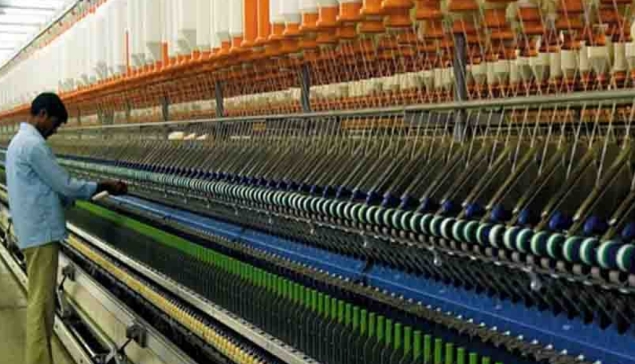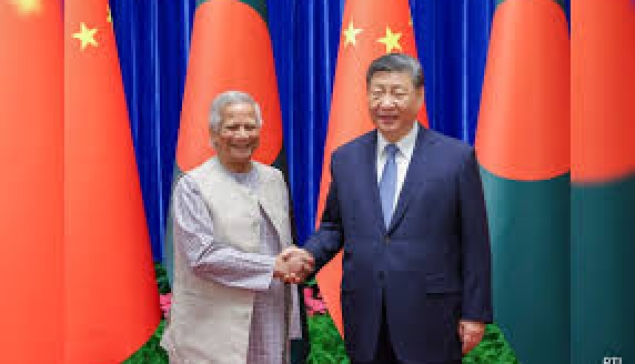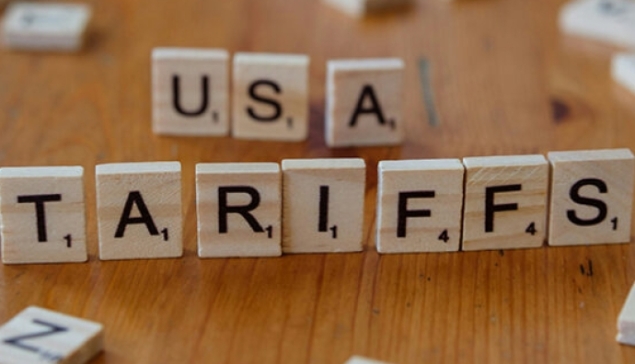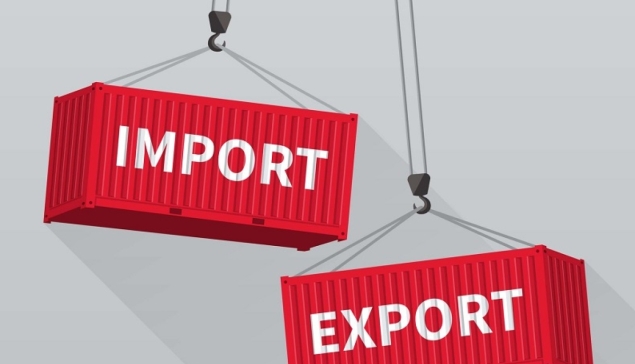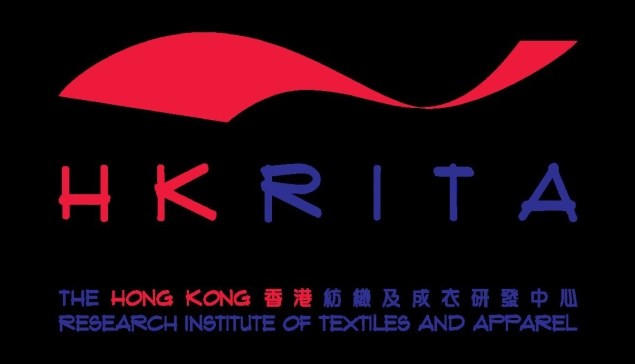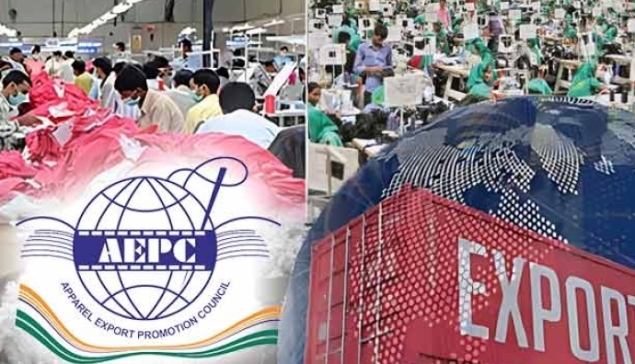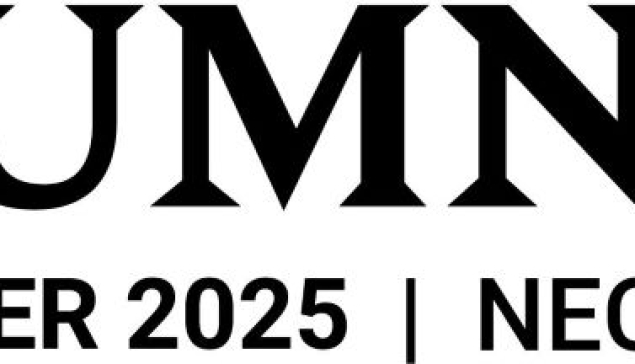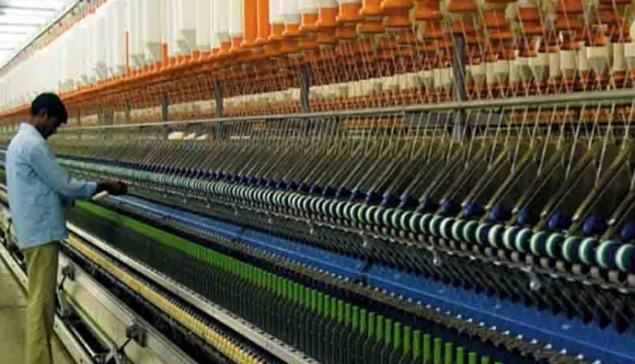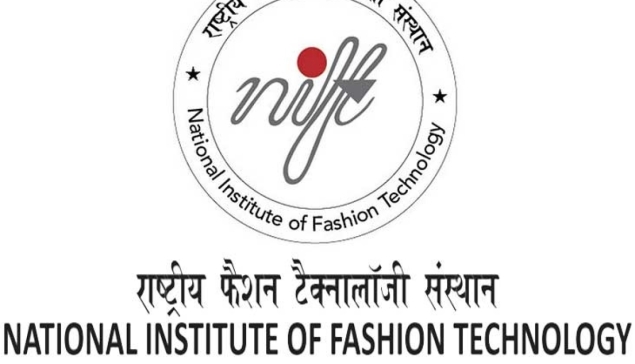Procurement of American-Made Goods.
The legislation helps preserve the Berry Amendment supply chain and authorizes the Department of Defense (DOD) to take steps to build up the defense textile stockpile and directs DOD to be more transparent and disclose all waivers submitted for the procurement of defense textiles not made in the United States.
In addition to supporting and expanding the critical Berry Amendment, which requires the Department of Defense to purchase 100% U.S. made textiles and clothing, the legislation includes two new key provisions important to the domestic textile industry:
Authorizes the Secretary of Defense to establish pre-positioned stocks of defense textiles needed to support contingency operations while requiring the secretary to develop a plan to mitigate delays in meeting the demand for a ramp-up in defense textile articles.
Increases public transparency for domestic nonavailability determinations (DNADS) on an annual basis, while requiring the Under Secretary of Defense for Acquisition and Sustainment to develop and maintain a list of DNADs and share it with Congress and industry.
“We applaud the House for passing the FY 2025 NDAA today and urge the Senate to pass this critical legislation this year,” said NCTO President and CEO Kim Glas.
“This legislation contains provisions that support a strong domestic textile and apparel manufacturing industrial base (T&A) and aims to expand procurement of American-made defense-related textiles. The Berry Amendment ensures that there is a stable and viable domestic supply chain for these critical defense materials.
“The American textile and apparel industry is a key strategic contributor to our national defense and supplies over 8,000 products a year to our men and women in uniform. U.S. textile mills provide a secure supply chain for the highest quality goods that our armed forces demand, eliminating the need to rely on countries like China for critical military products such as vital uniforms and equipment.
“The U.S. textile industry provides high-tech, functional components for the U.S. government, including more than $1.8 billion worth of vital uniforms and equipment for our armed forces annually. It is vital to America’s national security that the U.S. military maintain the ability to source high-quality, innovative textile materials, apparel, and personal equipment from a vibrant U.S. textile industrial base.”


